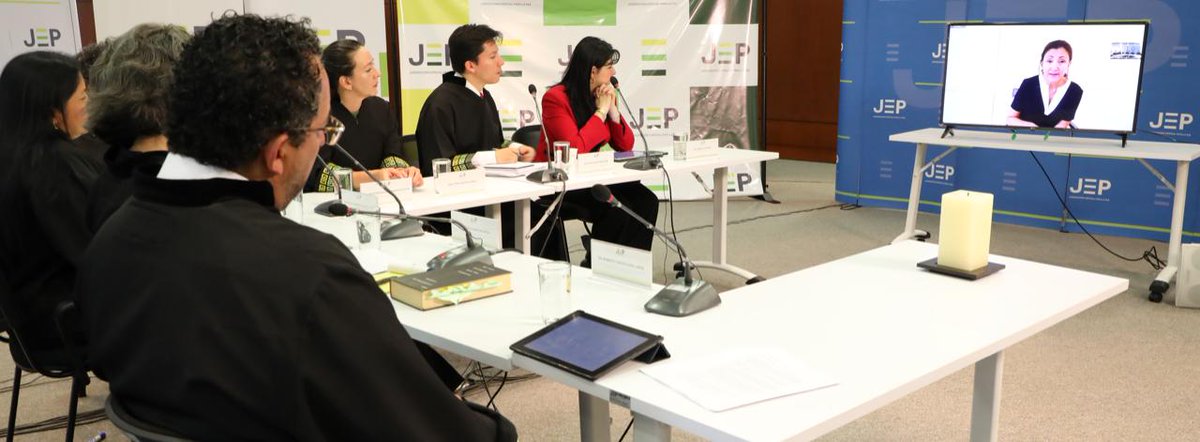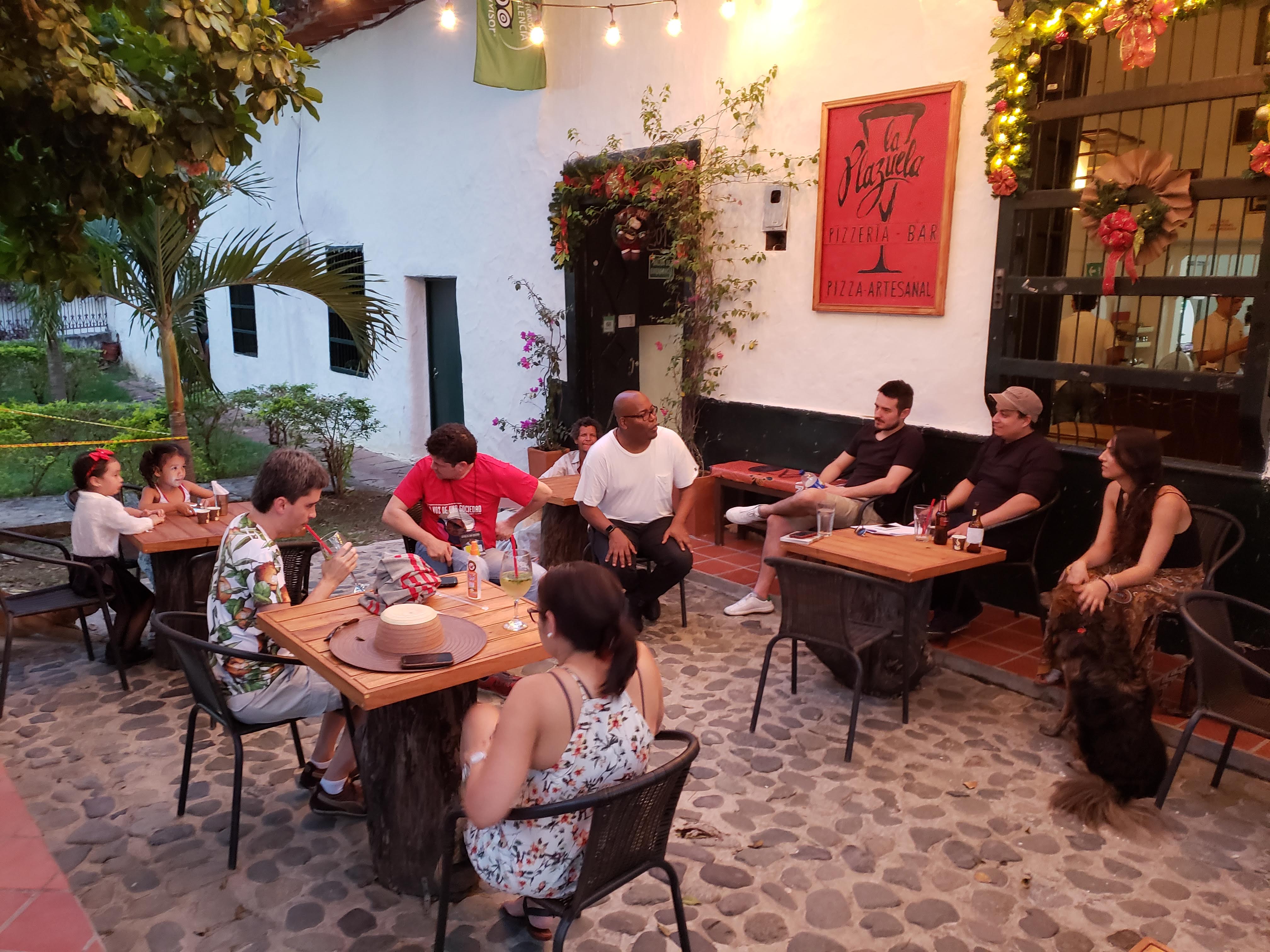 FOLLOWING in the footsteps of classic dystopian novels such as Brave New World and 1984, J is an unsettling account of a future society that has ceased to think for itself and is ruled by unwritten laws and a history that cannot be spoken about but must be constantly apologised for.
FOLLOWING in the footsteps of classic dystopian novels such as Brave New World and 1984, J is an unsettling account of a future society that has ceased to think for itself and is ruled by unwritten laws and a history that cannot be spoken about but must be constantly apologised for.
The book revolves around the idea of ‘What Happened, If it happened’ without ever entirely stating what did or did not happen. It appears that the whole Jewish race has been wiped out (although the word Jew is never used), and society has been re-started – and any form of dwelling on the past, including keeping family heirlooms, is frowned upon. But the new society is becoming increasingly violent and has begun to turn on itself.
The question is whether it has turned on itself because it has eradicated the people it used to hate, or whether it is because it has eradicated the complexities of thought that make us human.
The book presents people who are at once adrift from their histories (everybody has been given new names) and at the same time totally entrenched in them (it is predominantly set in a small coastal village where the same families have lived for generations and harbour a predictable dislike for outsiders).
It is a society where memory, contemporary art, and hoarding are viewed as unsavoury – not prohibited by law, but subdued by social pressure – where jazz has simply become un-listened to, and certain books have just fallen out of circulation.
Jacobson’s characters are acutely observed – his wry pen captures the intricacies and awkwardness of love, and the pettiness and expansiveness of the human soul.
As these scraps of people’s lives coalesce into the final narrative, a battle cry emerges to today’s society to actively think, to criticise, to remember. So much of the story presents an easy acceptance of propaganda – people who chose to forget, or allowed themselves to become too comfortable – mirroring aspects of today’s popular culture.
What makes the book most unsettling is the way that – unspoken atrocities aside – so much is reminiscent of present day Britain. But to say that this is what the book intended would be glib, given the spoken and unspoken atrocities that are taking place throughout today’s world.
By Emma Newbery


